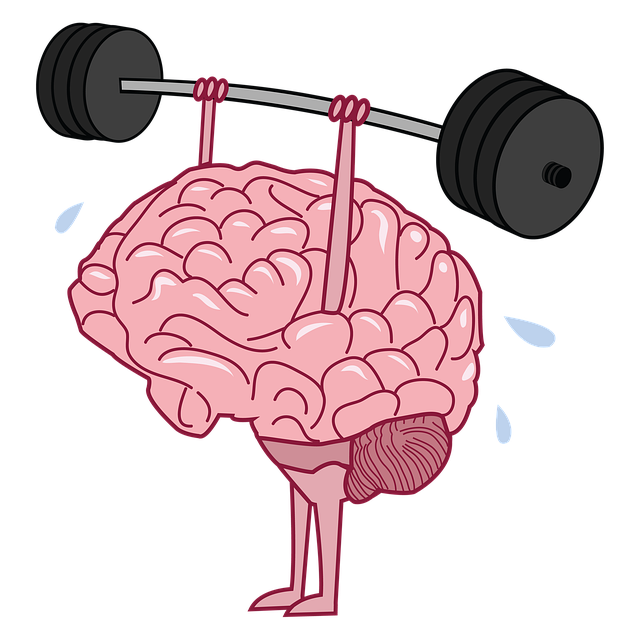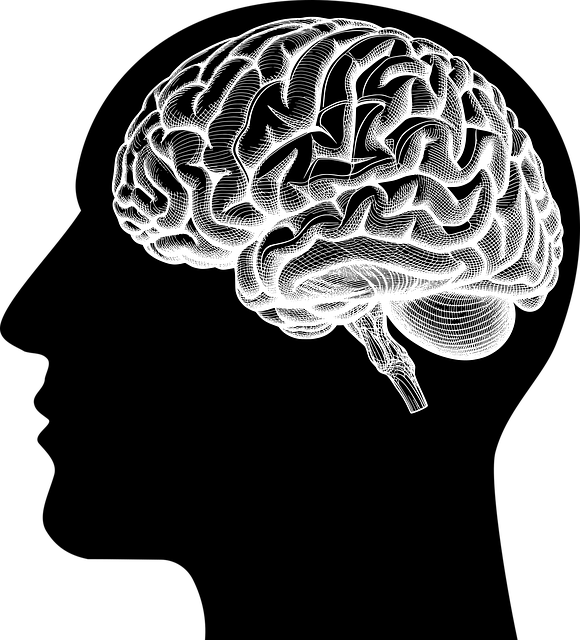Longmont Mental Health Evaluations Therapy combines qualitative and quantitative methods (interviews, surveys, observational assessments) with Mind Over Matter principles for comprehensive client understanding. Evaluations delve into psychological, social, cultural contexts, crisis intervention strategies, and emotional well-being improvements, fostering trust and open communication crucial for successful therapy. Impact measurement goes beyond basic metrics to tangible improvements in emotional regulation, confidence building, and overall well-being, refining treatment modalities and advancing mental health education. These evaluations are vital for enhancing mental health services in Longmont by identifying areas for improvement and implementing strategic adjustments based on collected data.
“Uncovering the power of Longmont Mental Health Evaluations as a cornerstone for effective therapy is essential in modern mental wellness management. This article delves into the methods behind evaluating mental health programs, specifically focusing on the Longmont approach. We explore key techniques, from initial assessments to measuring impact and driving continuous improvement. By understanding these evaluations, mental health services can be tailored, enhanced, and optimized, ultimately benefiting individuals seeking Longmont Mental Health Evaluations therapy.”
- Understanding Longmont Mental Health Evaluations: A Foundation for Effective Therapy
- Key Methods in Mental Wellness Program Evaluation
- Measuring Impact and Outcomes: Assessing the Effectiveness of Longmont Evaluations
- Continuous Improvement: Using Evaluation Data to Enhance Mental Health Services
Understanding Longmont Mental Health Evaluations: A Foundation for Effective Therapy

Longmont Mental Health Evaluations serve as a cornerstone for effective therapy and treatment planning. These comprehensive assessments go beyond basic symptom identification by delving into an individual’s psychological, social, and cultural context. By incorporating insights from the Cultural Sensitivity in Mental Healthcare Practice, therapists gain a deeper understanding of clients’ unique backgrounds and experiences, shaping more personalized interventions. The evaluation process encourages empathy building strategies, fostering trust and open communication, which are crucial for successful therapy.
Moreover, these evaluations provide critical guidance on crisis intervention, ensuring that therapists are equipped to handle acute situations. By integrating Empathy Building Strategies and Crisis Intervention Guidance, mental health professionals can offer immediate support while laying the foundation for long-term therapeutic change. This holistic approach not only improves client outcomes but also enhances the overall effectiveness of therapy.
Key Methods in Mental Wellness Program Evaluation

When evaluating mental wellness programs, such as those offered by Longmont Mental Health Evaluations and Therapy, several key methods stand out. One prominent approach involves qualitative assessments, where participants share their experiences and perceptions through interviews or focus groups. This method provides deep insights into individual journeys, identifying common themes and unique challenges that inform program improvements. Additionally, self-reported surveys have become invaluable tools for measuring mental health outcomes, emotional regulation, and burnout prevention, allowing for quantifiable data on satisfaction levels and the effectiveness of interventions.
Another essential technique is observational assessment, where trained professionals directly observe participants during therapy sessions or group activities. This method captures non-verbal cues and interpersonal dynamics, offering a nuanced perspective on engagement, progress, and potential areas of concern. Integrating these evaluation methods with Mind Over Matter principles fosters a holistic understanding of emotional well-being, ensuring that programs are not just effective but also tailored to the diverse needs of individuals seeking mental wellness support.
Measuring Impact and Outcomes: Assessing the Effectiveness of Longmont Evaluations

Measuring Impact and Outcomes plays a pivotal role in evaluating the effectiveness of Longmont Mental Health Evaluations and Therapy programs. These assessments go beyond simply tracking attendance or completion rates, delving into the tangible improvements participants experience. By employing robust methodologies, mental health professionals can gauge the success of interventions designed to enhance emotional regulation, build confidence, and foster overall well-being.
Longmont Mental Health Evaluation designs focus on outcomes that resonate with clients’ lived experiences. This approach ensures that therapy programs address authentic needs, leading to meaningful changes. Whether assessing improvements in coping strategies, reduced symptom severity, or enhanced social functioning, these evaluations provide insights into the program’s impact. Such data is invaluable for refining treatment modalities and ensuring they remain relevant and effective, ultimately contributing to the advancement of mental health education initiatives.
Continuous Improvement: Using Evaluation Data to Enhance Mental Health Services

Mental wellness program evaluations are crucial tools for enhancing and improving mental health services in Longmont. By continuously assessing and analyzing outcomes, healthcare providers can identify areas that require adjustment and implement effective strategies. The data collected from evaluations, such as Longmont Mental Health Evaluations, offer valuable insights into patient progress and treatment effectiveness. This information is pivotal in driving continuous improvement.
For instance, risk assessment (a key component of Risk Management Planning for Mental Health Professionals) can reveal trends and patterns that impact patient outcomes. This data might highlight the need for additional support services or specific interventions, like Social Skills Training, to cater to diverse client needs. By leveraging evaluation results, mental health professionals in Longmont can refine their service delivery, ensuring a more tailored and successful therapeutic experience for all patients.
Longmont Mental Health Evaluations serve as a robust foundation for effective therapy by providing comprehensive insights into an individual’s mental wellness. Through key evaluation methods, such as structured interviews and standardized questionnaires, programs can measure the impact and outcomes of their interventions. Continuously utilizing this data enables mental health services to enhance their offerings, fostering better patient outcomes in the longmont mental health evaluations therapy process.














